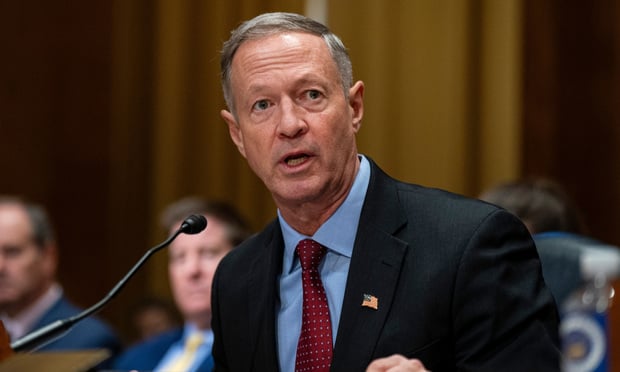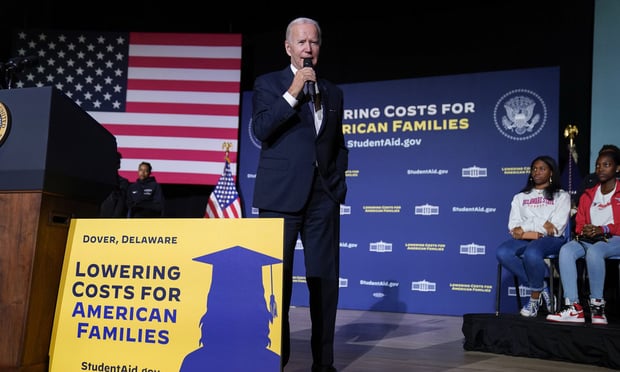(Bloomberg) -- A senior investment manager for New York’s statepension fund accepted bribes includingdrugs, prostitutes and tickets to a Paul McCartney concert from twobrokers in exchange for millions of dollars in fixed-incomebusiness from the fund, prosecutors said.
|Navnoor Kang, who served as the New York State CommonRetirement Fund’s director of fixed income and head of portfoliosecurity, was charged along with the two brokers, Deborah Kelleyand Gregg Schonhorn, according to court documents filed Wednesdayin Manhattan federal court.
|The case exposes the seamy side of the management of pension money, where investment professionalssometimes engage in so-called pay-to-play tactics to win lucrativecommissions.
|Along with cash and prostitutes, their alleged bribes includedski trips to Utah, a long weekend in New Orleans and cocaine for apension fund official overseeing tens of billions of dollars inassets held on behalf of more than 1 million state employees.
|The allegations are the latest to rock the state pension fund,the nation’s third largest with $184 billion in assets. Former NewYork Comptroller Alan Hevesi pleaded guilty in 2010 toparticipating in a wide-ranging scheme in which hedge fund managersand private-equity funds were accused of paying kickbacks for statebusiness.
|In the wake of that scandal, New York instituted safeguards thatwere designed to prevent similar abuses.
|Schonhorn, 44, hung up on a reporter seeking comment on thecharges. A spokeswoman at his firm, FTN Financial in New York,declined to comment. Kelley, 58, also declined to comment whencontacted at her office in California. Kang, 37, couldn’timmediately be contacted. Court papers don’t identify theiremployers. U.S. Attorney Preet Bharara has scheduled a pressconference for Wednesday afternoon.
|The three were also sued Wednesday by the U.S. Securities andExchange Commission, which said Kang “demanded and received atleast $180,000 in undisclosed and improper benefits, entertainmentand travel” from the brokers in exchange for giving thembusiness.
||‘No tolerance’
"The New York State Common Retirement Fund has absolutely notolerance for self-dealing, and we are outraged by Mr. Kang’sshocking betrayal of his responsibilities," state ComptrollerThomas DiNapoli said in a statement. Kang was dismissed inFebruary, DiNapoli said. Kang "secretly circumvented our rigorousethical standards and policies. When his misconduct was uncoveredby federal authorities, our inspector general worked with lawenforcement officials to uncover the extent of his scheme.”
|According to the government, Kang was responsible for investingmore than $53 billion in fixed-income securities and managed thoseinvestments for the fund. Shortly after he was hired, Kang receivedtraining on the state’s prohibitions on employees receiving gifts,signing a certificate acknowledging he would comply with the rules.Both Kelley’s and Schonhorn’s employers had policies in place thatrestricted them from giving gifts, according to courtdocuments.
|Prosecutors trace the beginning of the scheme to 2014. At thetime, Kelley’s and Schonhorn’s employers weren’t on the approvedlist to do business with the pension fund.
|In February of that year, Kang told Schonhorn he wasn’t allowedto receive any entertainment or benefits from him. But soon after,Schonhorn began taking Kang -- as well as an unnamed “closeassociate” -- on weekend trips to Montreal, providing airfare,hotel, meals and cocaine in exchange for the state’s fixed-incomebusiness, according to prosecutors.
||‘Step-out trades’
At first, Kang allegedly arranged for "step-out" trades thatwere routed through approved brokers, but shared with the duo’semployers, which resulted in the pension fund paying highercommissions.
|The gifts “escalated” once Kang got the firms on the approvedlist, prosecutors said. Kang accepted bribes including tickets tothe McCartney concert in New Orleans, a February 2015 ski trip toPark City, Utah, lavish meals, nightclub-bottle service and cash,according to court papers.
|The value of business to the two firms skyrocketed, prosecutorssaid. Schonhorn’s firm became the third-largest broker dealer withwhich the pension fund executed transactions in domestic bonds,prosecutors said. Since 2014, Kang steered more than $2 billion inbusiness to Kelley’s and Schonhorn’s employers, earning themmillions of dollars in commissions, according to court papers.
|Schonhorn allegedly spent more than $38,000 on dinners,drinks, tickets to concerts and sporting events, drugs andprostitutes for himself and Kang from June to November 2014,according to the SEC’s complaint.
|After the firm was added to the list, Schonhorn spent thousandsof dollars at strip clubs, dinners at upscale New York restaurants,tickets to the U.S. Open tennis tournament and Broadway shows,according to the indictment.
||Messaging service
The two coordinated receipt of the bribes through themessaging service WhatsApp in an effort to keep theircommunications secret, according to the indictment.
|The previous scandal at New York’s pension fund had led to majorreforms.
|Scrutiny of the state’s pension system increased after Hevesiresigned in December 2006 after pleading guilty to using stateworkers as drivers for his wife. Then-Attorney General Andrew Cuomobegan looking for signs of favoritism in the selection of moneymanagers under Hevesi. The U.S. Securities and Exchange Commissionjoined the probe.
|Kickback scheme
In 2009, New York’s former deputy comptroller, David Loglisci,and a top political adviser, Henry “Hank” Morris, were charged withorchestrating a scheme in which hedge-fund managers andprivate-equity firms paid millions of dollars in kickbacks toobtain investments in the New York state’s pension fund, thenation’s third largest.
|Eight people pleaded guilty to charges in connection with thepension probe, including Hevesi and Morris. At least six people and21 firms settled with Cuomo, paying more than $170 million.
|DiNapoli, Hevesi’s successor, adopted rules in 2007 thatrequired all new outside money managers for the fund to reveal towhom they paid referral fees before they are hired, instead ofafter as previously required. The state in 2009 banned the use ofplacement agents or lobbyists in investments with the pension fund,as well as contributions from those who did business with thefund.
|Copyright 2018 Bloomberg. All rightsreserved. This material may not be published, broadcast, rewritten,or redistributed.
Complete your profile to continue reading and get FREE access to BenefitsPRO, part of your ALM digital membership.
Your access to unlimited BenefitsPRO content isn’t changing.
Once you are an ALM digital member, you’ll receive:
- Critical BenefitsPRO information including cutting edge post-reform success strategies, access to educational webcasts and videos, resources from industry leaders, and informative Newsletters.
- Exclusive discounts on ALM, BenefitsPRO magazine and BenefitsPRO.com events
- Access to other award-winning ALM websites including ThinkAdvisor.com and Law.com
Already have an account? Sign In
© 2024 ALM Global, LLC, All Rights Reserved. Request academic re-use from www.copyright.com. All other uses, submit a request to [email protected]. For more information visit Asset & Logo Licensing.








